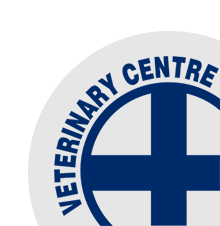Yersinosis in Calves
/Yersiniosis frequently rears its head in the months of December through to May in calves of 4-10 months of age. Calves with the disease suffer a chronic scour, elevated temperature, loss of appetite and weight loss. It is caused by the bacteria Yersinia pseudotuberculosis, which can be found in the gut in over 85% of herds of yearling heifers around the country and up to 60% of individuals. Although it is commonly found in the gut of healthy calves, an overgrowth of the bacteria and invasion of the gut lining results in millions of micro-abscesses throughout the length of the intestines.
Conditions which may precipitate an overgrowth in the gut are low levels of the trace elements copper and selenium, parasitism, BVD, long transport, poor feed quality or feed stress.
Once an outbreak starts, an insidious spread through a mob of calves occurs via the faecal-oral route.
Control and treatment comprise the removal of affected animals and use of appropriate antibiotic. Further prevention should focus on the underlying risk factors – correction of trace mineral status, drenching and increasing feed allocation. We have seen a lot of success with the use of Multimin injection.
There is a registered Yersinia vaccine available for deer. This has been used off-label in cattle but can result in anaphylactic reaction. We have a limited number of clients that have used a single dose of this vaccine with apparent protection inferred. You would need to talk with your prime vet about the pros and cons of using this product off-label.



